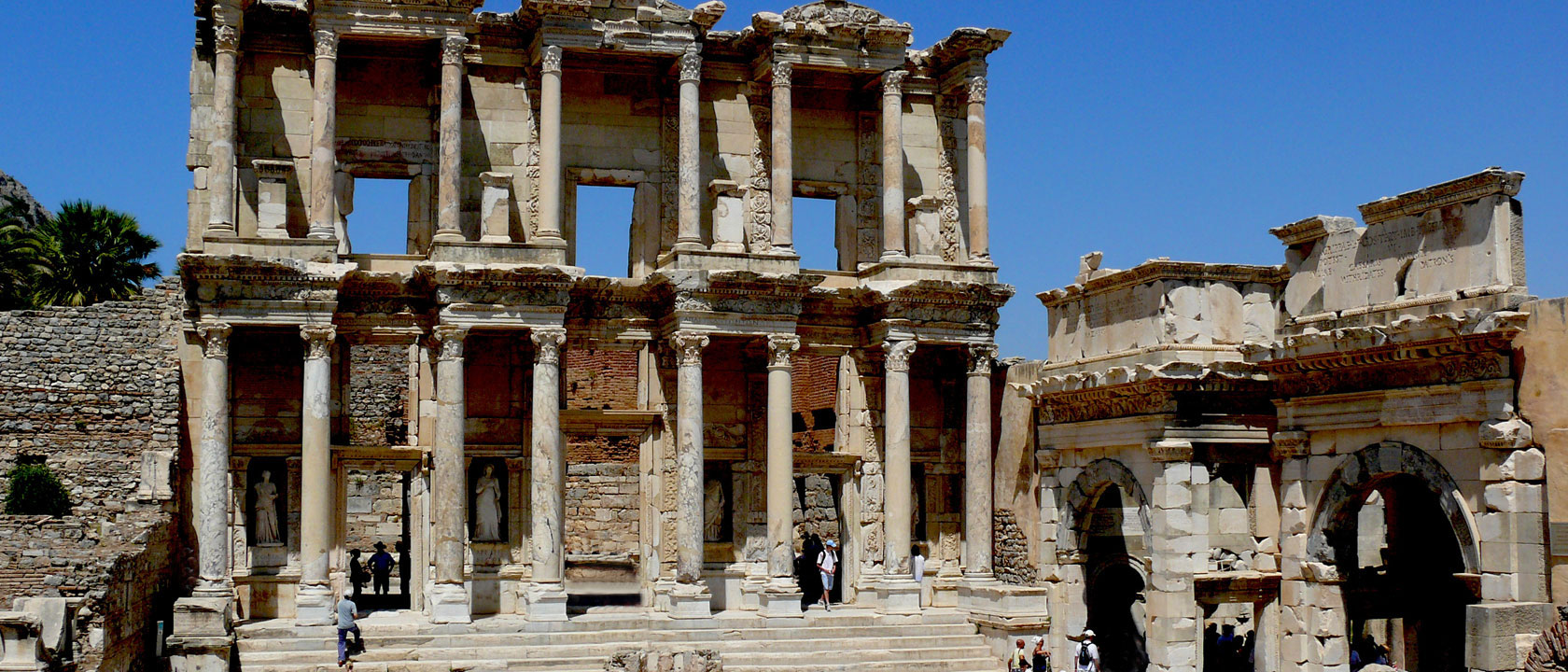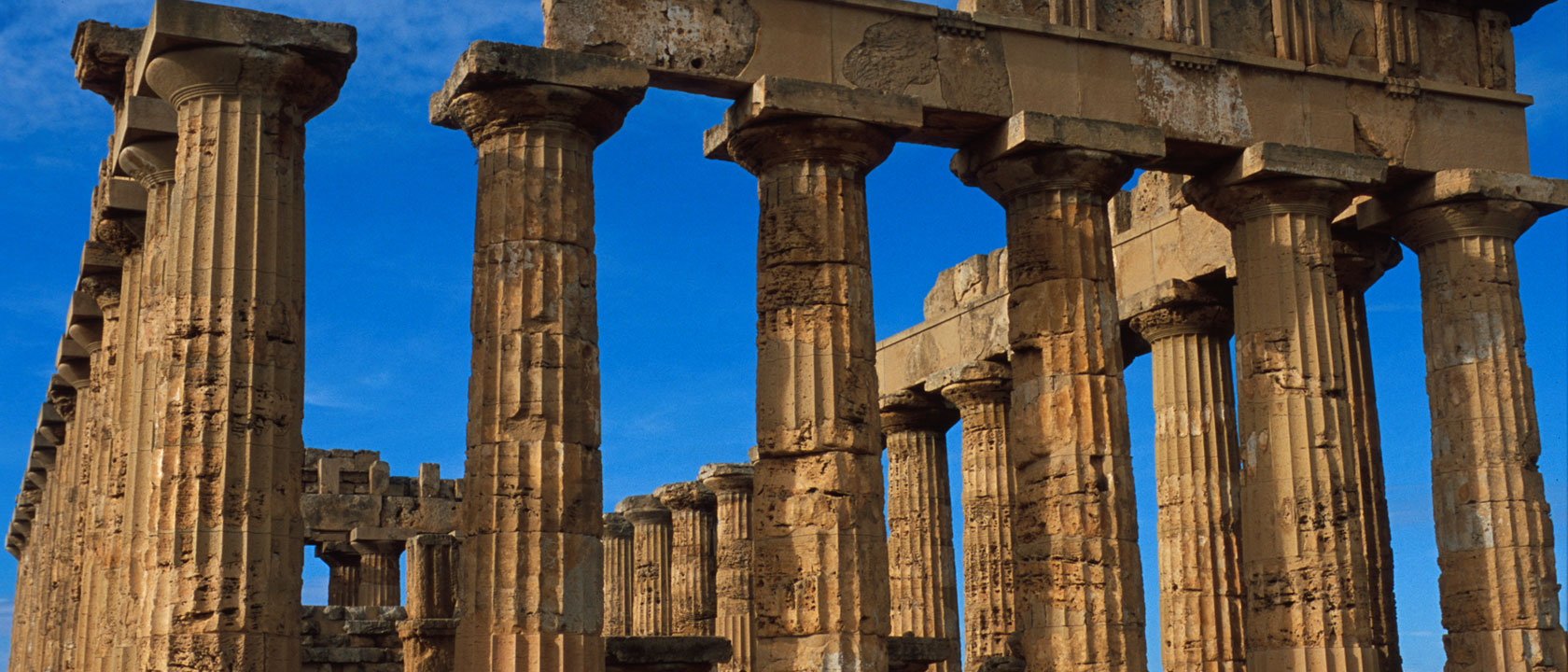Dr Sophy Downes
Sophy Downes is a classical archaeologist, whose research interests have led her continuously further east, to Turkey and eventually Iran. She initially studied Classics at Oxford; she then did a MPhil at Cambridge, focusing on the funerary monuments of Western Anatolia in the Classical period. After living for a couple of years in Rome, she returned to the Institute of Archaeology in London, where she wrote her PhD thesis, a comparative study of the architecture and politics of Persepolis and the Athenian Akropolis.
She first visited Turkey in 2000 and Iran in 2002, and has returned numerous times to both, including to take up a residential postdoctoral fellowship at the British Institute of Persian studies in Tehran. She has published on both Classical and Near Eastern archaeology, and her book The Aesthetics of Empire in Athens and Persia is forthcoming. She was also a finalist for the Bradt Travel Awards for a piece about her experiences with fortune telling in Esfahan, which was subsequently published in Traveller’s Tales. Her current research is on spatial analysis of Persepolis, notably the way in which the current reconstruction of the site obscures its original architectural logic. She has taught at University College London and at Edinburgh and is currently delighted to be a Lecturer in Art History at John Cabot University, Rome, Italy.
- (Forthcoming) Monograph. The Aesthetics of Power in Athens and Persia. Oxford University Press.
- (2021) Presenter for ‘Unearthed: Lost City of Persia’, Hesam Dehghani (director) and Bianca Zamfira (writer), Windfall Films.
- (2020) Translation from Giovanni Giacomo Penni in Rhinoceros, Luke Thompson (ed.), Broken Sleep Books.
- (2019) Non-fiction ‘Not everyone in Esfahan is Interested in Art History,’ The Ekphrastic Review.
- (2019) Poem ‘Sant’Ivo alla Sapienza,’ The Ekphrastic Review.
- (2018) Chapter. ‘Agency’ in A Companion to the Art of the Ancient Near East. Blackwell-Wiley.
- (2017) Non-fiction ‘Evil Eye in Esfahan’ Runner up, Bradt New Travel Writer of the Year Competition, published in Travelers’ Tales and republished (2021) in Travel Write: Select Entries from 20 years of the Bradt Travel-Writing Competition, Dillow, C. (ed.)
- (2015) Review of The Palace of Darius at Susa: the great royal residence of Achaemenid Persia in Journal of Hellenic Studies.
- (2013) Excavation report. ‘Fragments of Marble Sculpture from Otricoli’ in Ocriculum (Otricoli, Umbria): an archaeological survey of the Roman town. British School at Rome Archaeological Monograph. Hay, S. S. Keay and M. Millett: 113-119.
- (2010) Review of Ancient Greece and Ancient Iran: Cross-Cultural Encounters in The Classical Review (60.2): 474-7.
- (2005) Excavation report. ‘Head of an Athlete from Falerii Novi’, Papers of the British School at Rome (73): 265-72.


 Turkey: The Ages of Anatolia 2025
Turkey: The Ages of Anatolia 2025  Sicily and the Aeolian Islands 2025
Sicily and the Aeolian Islands 2025